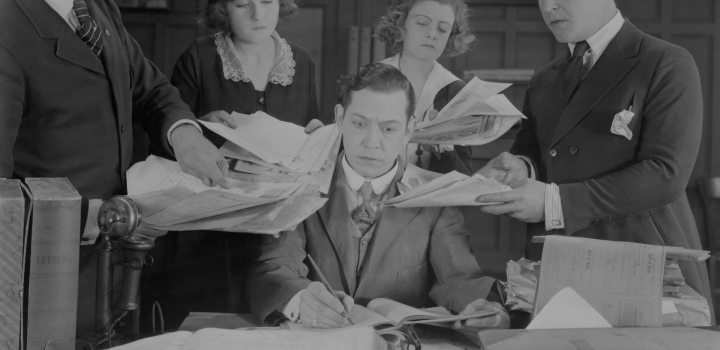
Why do job searches still require a paper CV?
The first Curriculum Vitae known in history was written in 1482. This was written by Leonardo da Vinci when he introduced himself to Ludovico Sforza, the Duke of Milan. In his letter to the nobleman, the artist, architect, scientist and engineer briefly outlined his skills and requirements.
The letter achieved its goal – Leonardo da Vinci worked at the residence of L. Sforza as a painter, sculptor and military engineer for 17 years.
More than 500 years have passed since Leonardo wrote his CV, however, not much has changed in the rules of a job search. We are still writing CVs and sending them to our desired employers.
Why is a CV needed?
Interestingly, in all this time, no one has come up with a more effective way to help a candidate present themselves to an employer. True, over time, intermediaries – employment agencies – have emerged in these areas. However, this is not such a major innovation.
For instance, the “Cannon of Songs”, prepared by Confucius in the 11th century BC, talks about matchmakers who would walk through villages, and help find the most suitable grooms and brides for marriage. They did this for a fee and were quite professional at it.
Is there an easier way to look for a job?
As life changes and technology advances, we can now do many things without leaving the comfort of our home. All it takes to order food, hire a driver or book a villa in Maldives, is just clicking a few buttons on your phone or computer.
So why can’t all of this be applied to the field of job search? This idea came from personal experience. Imagine this – you have to sit down in front of a blank piece of paper and write down exactly what you did in all those years after leaving school, with all the dates, details and particulars.
It’s not as bad if the last school bell is still ringing in your ears, but what if you don’t even remember the name of the school anymore? Which font to use? What about design elements? Add a photo or not? Is the one from that party okay, if I just crop out that friend? But what should I do with the hand still showing on my shoulder?
And then there’s the proofreading stuff, where you lose a few letters somewhere along the way when you write “I have an analytical mind”! (These are all true stories, by the way).
How long does it take to write a CV?
The Americans have carried out a study with results that speak for themselves. “Careerbuilder reports that candidates do not complete questionnaires if they take longer than 20 minutes. Also, as many as 76 percent of job seekers want to know how long it will take for them to complete the questionnaire.
But the funny part doesn’t end there. Statistics show employers take an average of just 6 seconds to scan and have their first impression from the CV that took you a few days to prepare.
Why do people detest CVs?
6 seconds – that’s about how long it takes to write “Hello, I’m sending you my CV” in an email, but that’s also if you’re typing very fast.
That’s why people don’t like writing CVs – they find it particularly important and meaningful, and therefore difficult. We are all human beings, and we avoid complicated things.
The employing side doesn’t like to read CVs either, as they come in by the hundreds. Even if you give each of them the 6 measly seconds, it still wastes a lot of time. And then there’s the sorting of CVs, the time spent looking at the details of selected candidates and the time to contact them or at least write a thank-you letter.
Recruitment without a headache
We’ve been on both sides of this, and that is how the idea of NO-CV was born.
Why can’t a CV be formalised and presented in a way where you are only required to tick the boxes?
After all, it’s all about the basics when it comes to recruitment, such as education, experience and skills, and whether financial expectations are within reach.
If artificial intelligence is already capable of making restaurant reservations, suggesting products according to your interests without even asking, or arranging a date, why can’t it do all the dirty work of classifying candidates according to a set of criteria?
Those classifications are particularly useful for professionals who organise the recruitment of company personnel, as they screen out the unsuitable candidates from those who could take the proposed positions.
No more CVs!
After more than 500 years, it would be really effective to move forward and do away with paper CVs, which anyway often end up in document shredders (at best) or the bin (this should not be done due to data protection).
If you want to try a modern and innovative job search, download the NO-CV app, or if you’re a company representative and don’t even have those 6 seconds to take a glance at every CV you receive, get in touch and let us tell you how smart and infallible algorithms can do the work for you.






